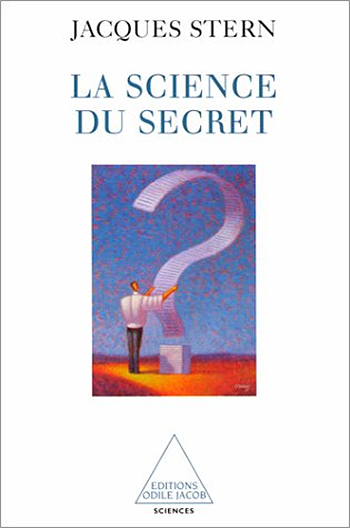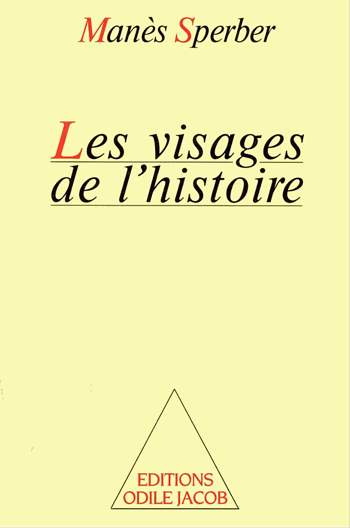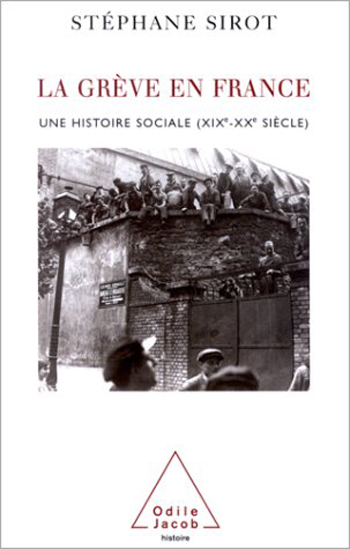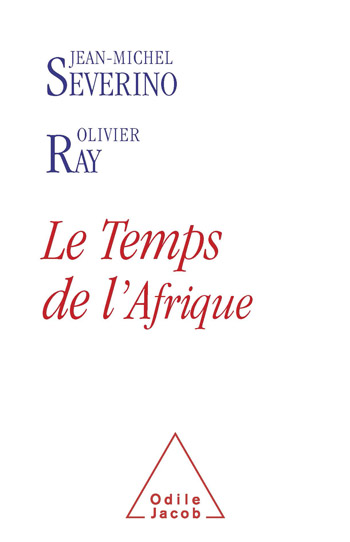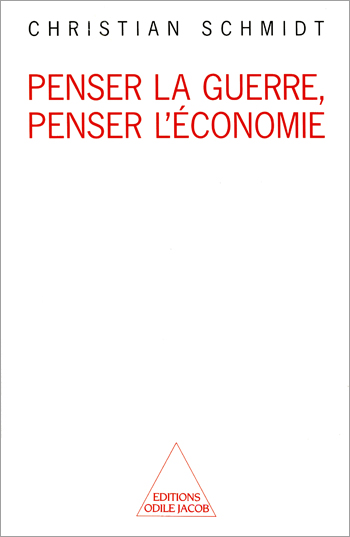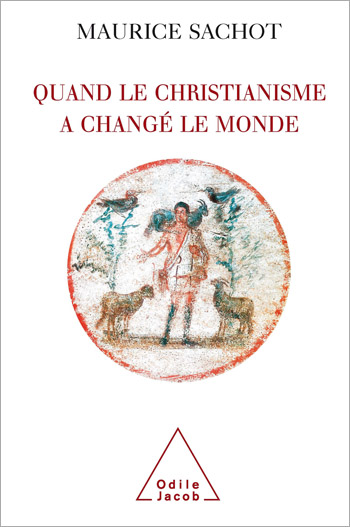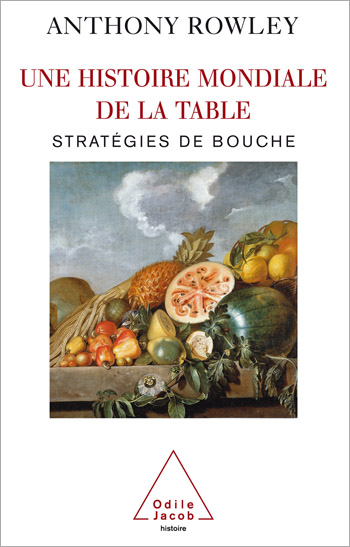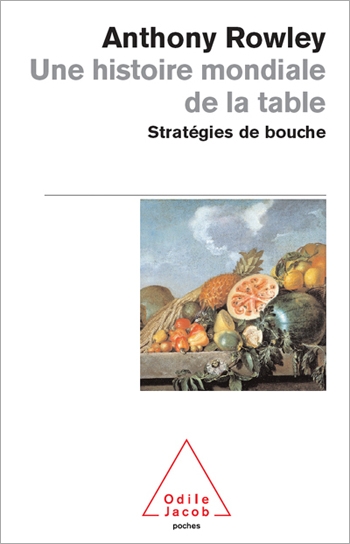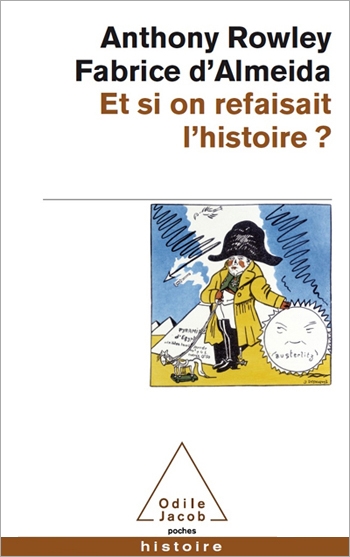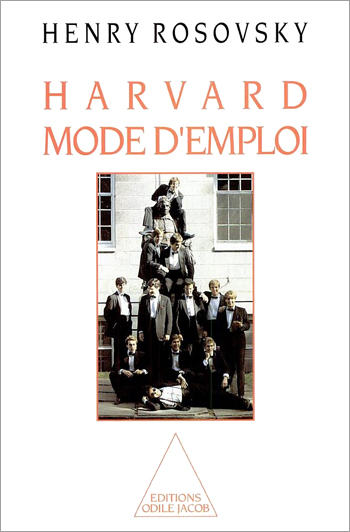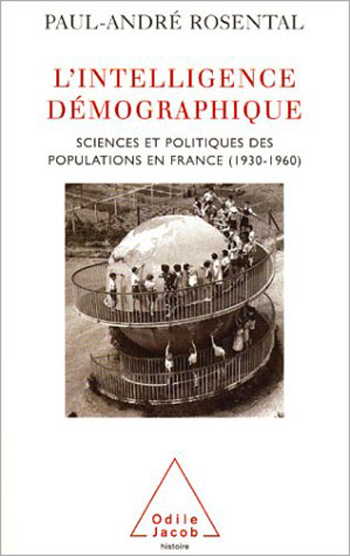History and Geopolitics All books
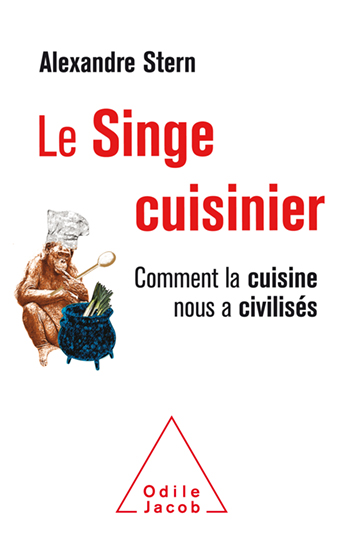
Alexandre Stern
Monkeys in the Kitchen How Cooking Made Us Human
How the invention of culinary and agricultural practices, the discovery and exchange of products, through the millennia have contributed to civilizing the human being.
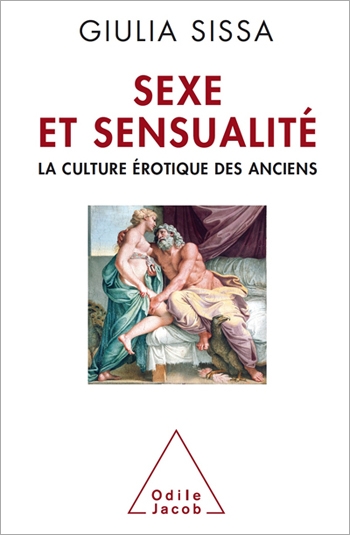
Giulia Sissa
Sex and Sensuality in the Ancient World
This fascinating study of the “art of lovemaking” in Ancient Greece and Rome offers an essential lesson for today

Jean-François Sirinelli
France in an Age of Major Upheaval 1962-2017
A look at France’s recent history by an historian attempting to define a consistent theme and perhaps also paint a picture of what the future may have in store.
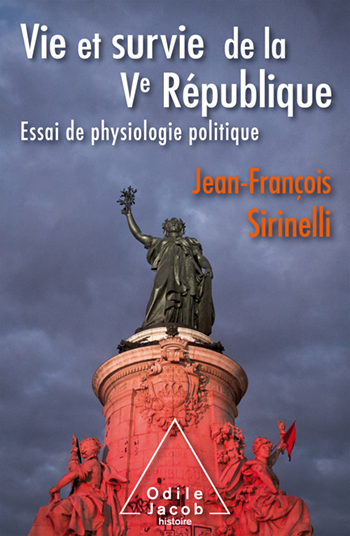
Jean-François Sirinelli
Life and Survival of the Fifth Republic An Essay on Political Physiology
A work of reflection on institutions, their strengths, and their weaknesses, and the reason for their endurance.

Daniel Sibony
The Quran and the Bible In questions and answers
A step-by-step study of the Quran, almost exactly word for word, to grasp the precise content. A polemical book, but a book based upon the author's knowledge of the Arabic language and the sacred texts of Islam. A return to the original text that allows us to understand the political and geopolitical issues of today's world.
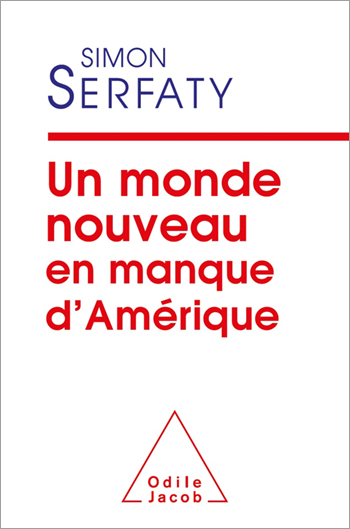
Simon Serfaty
A new World in need of America
An eminent expert in international affairs offers a reflection on the disorder of the world and on the illusions of the recent past, in an attempt to discern the choices that must be made during the coming years.
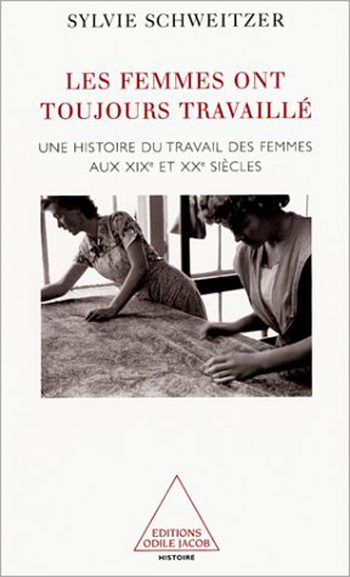
Sylvie Schweitzer
Women Have Always Worked A History of Working Women in the 19th Century
For women, the victory of recent years is one of empowerment in their professional lives: they now have the means to compete with men in every field. Yet societys traditional image of what is a male or female profession remains very powerful. In 2001, French women had managed to enter professions that were previously practically closed to them but French men are still reluctant to enter traditionally female professions. This book reviews two centuries of womens work. It shows that women have always worked but not everywhere. Womens access to increasingly prized jobs goes hand in hand with economic and global development.
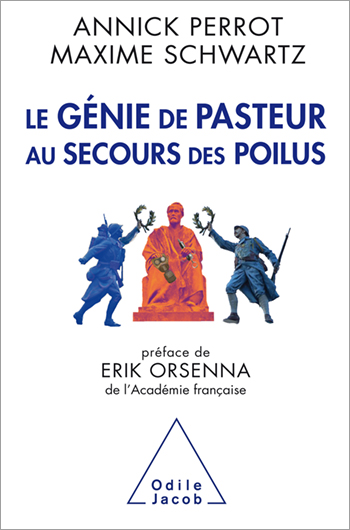
Annick Perrot, Maxime Schwartz
The Genius of Pasteur: Saving the ‘Poilus’
How Pasteur and his followers saved lives and changed the course of the war in 1914-1918
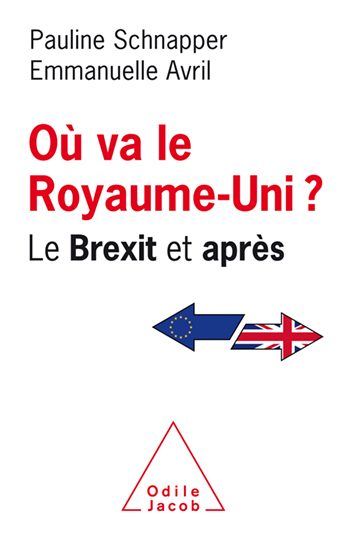
Pauline Schnapper, Emmanuelle Avril
Where is the United Kingdom Headed Brexit and Beyond
A burning reality. Brexit, which was supposed to take effect officially on 29 March 2019, has been postponed to October, but already its effects are being felt, and this is only the beginning!
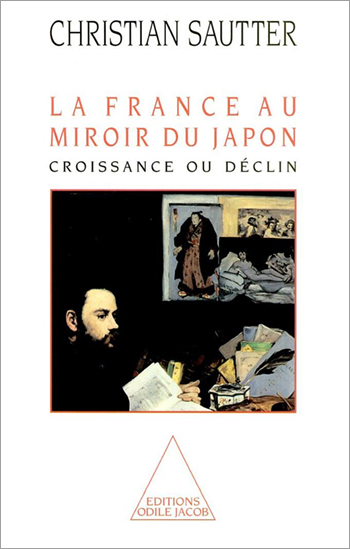
Christian Sautter
France Reflected in Japan Growth or Decline
Where does the formidable Japanese resistance to unemployment come from? How can their persistence be explained when Japan, like all developed countries, is faced with robotization, technological revolutions and, more recently, competition in the form of young populations in neighboring countries? This should give France pause for thought: as starkly contrasted as these two cultures may seem, France and Japan are sister countries. Thus reflected in the mirror of Japan, France can discover that its decline need not be fatal, and that it is up to France to break with a decrepit conservatism and embrace growth. Christian Sautter is the director of studies at the Ecole des hautes etudes en sciences sociales (EHESS).
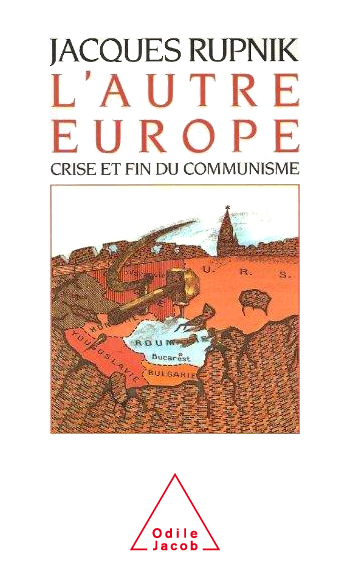
Jacques Rupnik
The Other Europe The Crisis and End of Communism
The crumbling of the Berlin Wall marked the end of the divided Europe that was inherited from Yalta, and the renaissance of Central Europe, so neglected and forgotten that it is often simply referred to as the East. Originally from Prague, Jacques Rupnik is one of the top specialists in France of this "Other Europe". In this work, he delivers the results of a long investigation of both the terrain and the historical thought leading from the nationalisms of the last century to the Gorbachev factor.
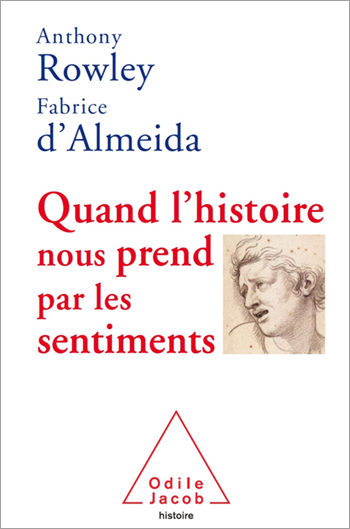
Anthony Rowley, Fabrice d'Almeida
When History Captures Our Emotions
the authors recount 20 stories that made history and that reveal the role played by the emotions over the centuries
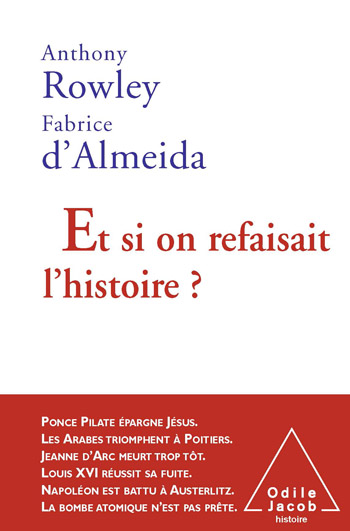
Anthony Rowley, Fabrice d'Almeida
Asking "What if?" in History
What if things had turned out differently? What if Pontius Pilate had pardoned Jesus?
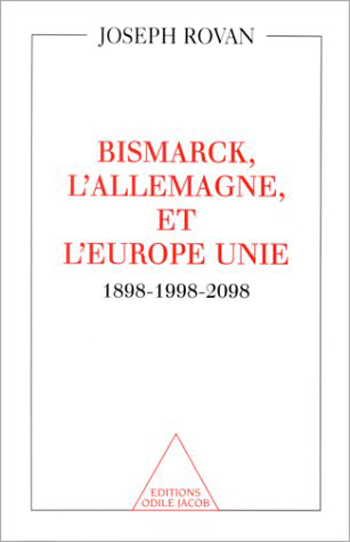
Joseph Rovan
Bismarck, Germany, and a United Europe 1898-1998-2098
1898-1998: the difference between these two dates is vast, and it is likely that the difference between 1989 and 2098 will be even sharper. This gives us even more reason to reflect on the actions of a man who was able to anticipate and incite change. Joseph Rovan has taught German studies at the French universities of Vincennes and Paris-III. He is the author of many books and articles, including France-Allemagne: Le Bond en Avant, with Jacques Delors and Karl Lamers, published by Editions Odile Jacob.
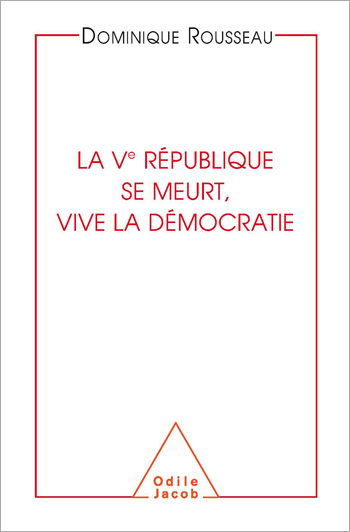
Dominique Rousseau
The Fifth French Republic Is Dying! Long Live Democracy!
The First French Republic was consular, the Second was presidential, the Third and Fourth were parliamentary, but the Fifth seems to have no distinguishing qualities.
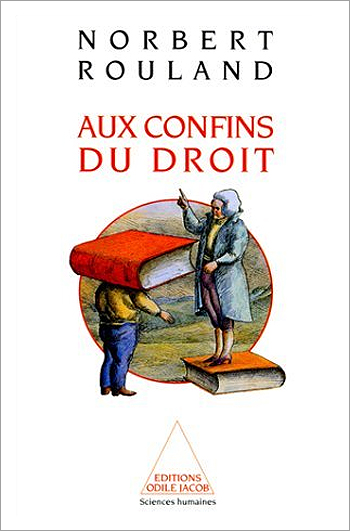
Norbert Rouland
The Confines of the Law
How did law come about? How do different societies answer to the same need for justice? N. Rouland invites us to explore the many aspects of law. Through various societies, a constant question emerges: can Africans, Asians and Westerners all adhere to the same norms? Norbert Rouland is a professor at the University of Aix-Marseille-III, where he teaches judicial anthropology and the history of law.
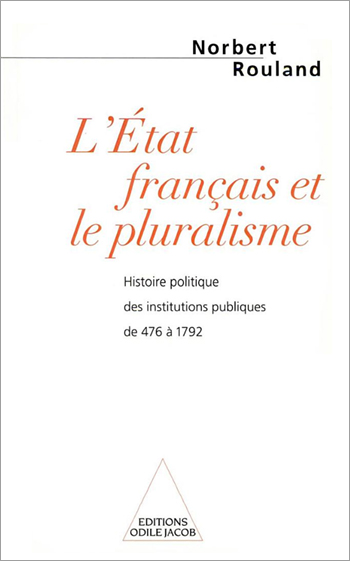
Norbert Rouland
The French State and Pluralism A Political History of Public Institutions from 476 to 1792
Has France become a multicultural society? Are we heading towards a dislocation of French unity, or a more advanced form of democratic life due to this pluralism? Can we invoke the French tradition which has given us several reference points? These are the serious questions which History must confront, and it is the aim of this history of public institutions to do just that. The author shows that the French State has constructed the Nation through a stronger voluntarist policy than found in most other Western European countries. His clear yet detailed style makes this book accessible to a wide readership, both those wishing to know more about the origins of our current political regime, and also to first year students, to whom this work represents a source of valuable information.
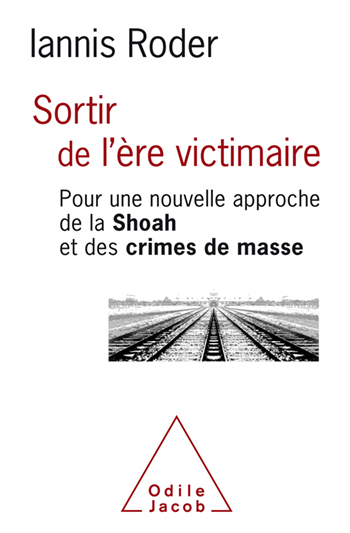
Iannis Roder
Explaining the Shoah and Genocide to Our Children
This book desacralizes the Shoah and shows that though that genocide had specific characteristics, it can be compared to others.
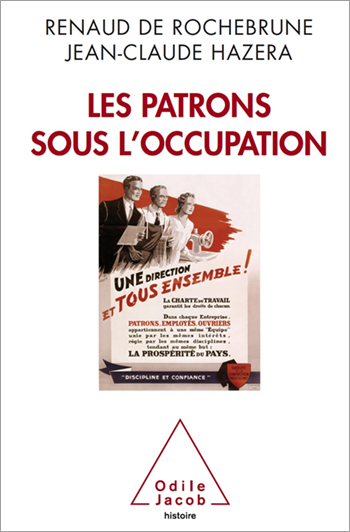
Renaud de Rochebrune, Jean-Claude Hazera
Business Leaders During the Occupation
How were Jewish companies altered to become Aryan ones and what was the role of French administration? Who did illegal profits and how?A fascinating document written by two journalists.

